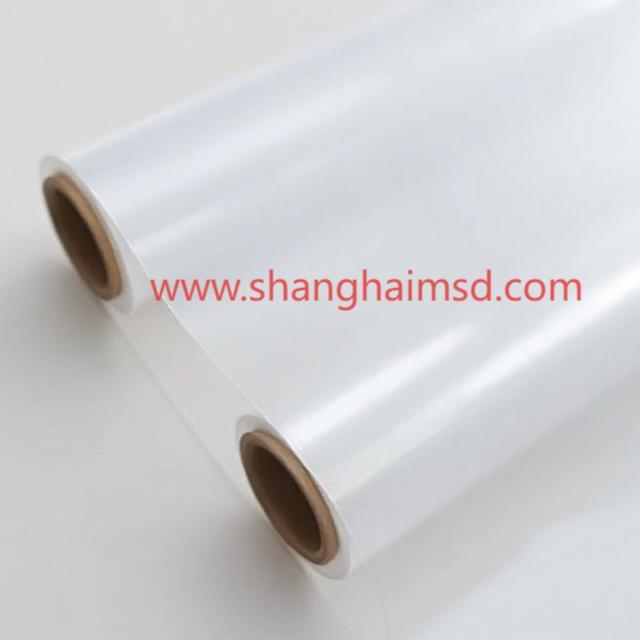As automotive design increasingly prioritizes durability, aesthetics, and sustainability, new materials are emerging to support these evolving demands. Among them, TPU Compound Film has proven to be an exceptional performer in automotive interiors, combining tactile comfort with chemical and abrasion resistance. Shanghai MSD International Trading Co., Ltd. is at the forefront of supplying advanced film materials tailored for the automotive sector.
Found in dashboards, door panels, center consoles, and seating components, TPU Compound Film is used as a protective and decorative surface layer. It is formed by blending thermoplastic polyurethane with compatible layers through lamination or extrusion coating, resulting in a multi-functional film that meets both structural and visual design requirements. Automotive designers favor this material for its sleek finish, soft touch, and robust mechanical properties.
One of the standout features is the film’s exceptional wear resistance. Surfaces exposed to frequent contact—such as armrests, shifter surrounds, and control panels—benefit from a finish that withstands repeated abrasion without losing visual appeal. TPU’s elasticity allows it to resist cracking or wrinkling, even under long-term stress or fluctuating temperatures inside vehicle cabins.
Its chemical resistance is another critical advantage. Car interiors are often exposed to cleaning agents, sunscreen residue, oils, and beverages. TPU-based films act as a barrier against staining and degradation caused by such substances, maintaining surface integrity over years of use. For this reason, automakers prefer TPU finishes in both high-end and mass-market models where long-lasting interior quality is a key customer expectation.
In addition to durability, the film offers considerable design flexibility. Available in matte, satin, textured, and high-gloss finishes, it allows automotive brands to customize cabin aesthetics. Some grades mimic leather or brushed metal, providing premium visual effects without the cost or maintenance challenges of traditional materials. Laser-etching, embossing, or printing can further enhance the brand identity on the film surface.
TPU films also support enhanced safety and sustainability initiatives. They are phthalate-free, odorless, and compliant with international automotive material regulations, such as REACH and ROHS. Their low-VOC emissions contribute to healthier in-cabin air quality, an increasingly important concern for both consumers and regulatory bodies. Shanghai MSD International Trading Co., Ltd. offers TPU film grades that meet the automotive industry's stringent flammability and environmental performance criteria.
Thermal performance is another reason this material excels in the automotive context. Whether in extreme cold or high-heat environments, TPU retains its flexibility and shape, reducing the risk of delamination or bubbling over time. This is especially useful for sun-exposed surfaces or heated seat components, where conventional plastics may degrade.
TPU’s compatibility with advanced forming processes is equally advantageous. The film can be vacuum-formed, injection-molded, or laminated over complex 3D substrates with precision, allowing seamless integration into interior components. Its ability to bond with various substrates, including foam, ABS, or fabric, expands its applicability in lightweight and ergonomic vehicle design.
Shanghai MSD International Trading Co., Ltd. works closely with Tier 1 automotive suppliers and design studios to provide customized TPU Compound Film solutions that align with evolving trends in car interiors. From luxury electric vehicles to commercial fleets, the company offers scalable material supply and engineering support for projects of all sizes.To explore TPU films designed for automotive applications or request technical specifications, visit: https://www.shanghaimsd.com/ .

